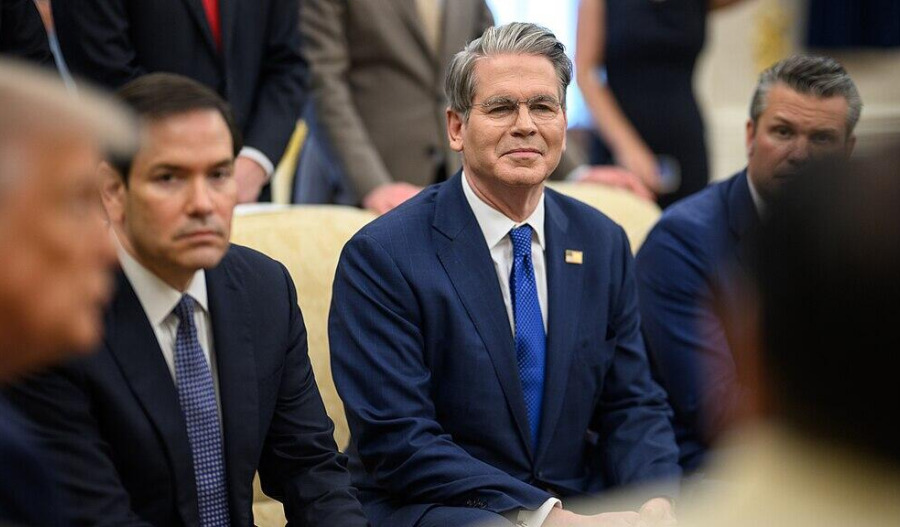United States stock futures were trading slightly higher on Wednesday night (Thursday AEDT) as investors digested a fresh round of corporate earnings amid persistent trade tensions with China and uncertainty surrounding a U.S. government shutdown now entering its third week.
By 9:40 am AEDT (10:40 pm GMT), Dow futures and Nasdaq 100 futures gained 0.2% apiece, while S&P 500 futures ticked up 0.1%.
In after-hours trading, United Airlines slipped 1.3% after posting mixed quarterly results. The carrier reported Q3 earnings per share (EPS) of $2.78, beating market expectations of $2.65, while revenue came in at US$15.22 billion, below the $15.33 billion consensus.
By contrast, J.B. Hunt Transport Services jumped 12.1% after reporting stronger-than-expected results. The logistics firm posted Q3 EPS of $1.76, surpassing forecasts of $1.46, with revenue of $3.05 billion exceeding estimates of $3.02 billion.
Markets remained choppy throughout Wednesday’s regular session, but both the S&P 500 and Nasdaq Composite closed in positive territory, buoyed by strong earnings from major banks.
The S&P 500 gained 0.4%, the Nasdaq advanced 0.7%, while the Dow Jones Industrial Average closed marginally below the flatline. The Russell 2000, which tracks smaller-cap stocks, broke out to a new high.
Volatility remained elevated amid a volatile geopolitical backdrop. The Cboe Volatility Index (VIX) - widely regarded as Wall Street’s “fear gauge” - ended the day at 20.63 amid heightened investor uncertainty.
Markets have fluctuated sharply since President Donald Trump on Tuesday threatened China with a cooking oil trade ban, retaliating against Beijing’s reduced purchases of U.S. soybeans following earlier U.S.-imposed tariffs.
Trump also warned of a 100% tariff on all Chinese imports in response to China’s new export restrictions on rare earth minerals.
Treasury Secretary Scott Bessent told CNBC on Wednesday that the Trump administration plans to set price floors across several industries to counter what it views as market manipulation by China.
Meanwhile, the ongoing government shutdown continues to cloud investor sentiment, now stretching into its third week. The closure has brought an indefinite halt to key economic data releases, leaving traders without crucial insights into the economy’s health.
The lack of government data comes as investors remain on edge over a combination of rising interest rates, tariff-related pressures, and historically high market valuations - factors that have added to the uneasy tone of this earnings season.




